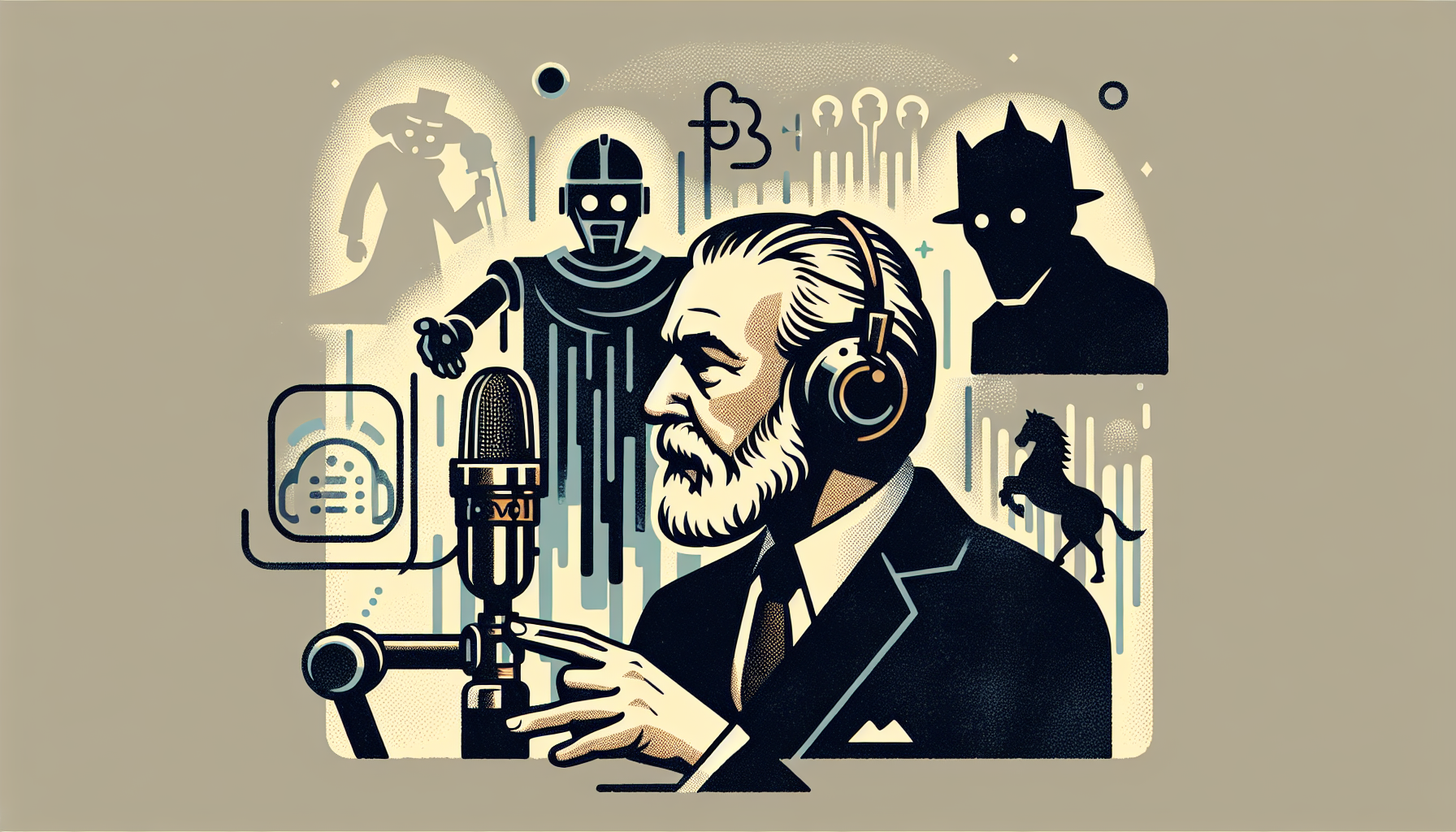The recent passing of James Earl Jones, the legendary actor known for his iconic voice roles like Darth Vader in “Star Wars” and Mufasa in “The Lion King,” has sparked a heated debate in the acting community. The core of the controversy? Jones’ decision to allow his voice to be replicated using artificial intelligence (AI), raising ethical questions and concerns about the future of voice acting.
Background and Decision
Before his passing, James Earl Jones made the groundbreaking choice to sign over the rights to his voice as Darth Vader. This agreement with Lucasfilm and the Ukrainian AI startup, Respeecher, took place in 2022. The deal allowed the use of Jones’ archival recordings to create a digital replica of his voice. This means Darth Vader’s character can continue to appear in new productions with Jones’ iconic voice intact.
Significantly, Jones was not a passive participant in this process. He was actively engaged, personally approving the use of his voice through AI. As explained by Matthew Wood, a sound editor at Skywalker Sound, Jones reviewed Respeecher’s work and approved the use of his archival recordings to maintain the character’s authenticity.
Implications and Controversy
This decision has stirred significant unease among actors, especially those in voice acting. The use of AI to replicate voices could lead studios to opt for AI-generated voices instead of hiring real performers. This concern is magnified by the rapid advances in AI technology, which can now create nearly indistinguishable replicas of famous voices.
The Screen Actors Guild-American Federation of Television and Radio Artists (SAG-AFTRA) has spotlighted the need for transparent AI agreements that ensure fair compensation for actors. Voice actor Zeke Alton, who is also a member of SAG-AFTRA’s negotiating committee, praised Jones’ role in the process. However, he pointed out that not all actors have the same negotiating power. Alton argued that transparent agreements could prevent strikes and foster a fairer industry.
Industry Impact
The discussions surrounding Jones’ decision reflect broader concerns about AI’s role in the entertainment industry. For instance, AI has already been used to “de-age” voices, as was the case with Mark Hamill’s role as Luke Skywalker in “The Mandalorian,” using Respeecher’s services.
Voice actors worry about being replaced, particularly in video games where voice matching is prevalent. This anxiety led to a significant work stoppage by video game voice performers in July after prolonged negotiations over AI protections.
Ethical Considerations
Beyond job security, the use of AI to replicate voices raises ethical questions about the nature of acting itself. While AI can preserve iconic voices, it challenges conventional ideas of performance and creativity. Some critics argue that relying on AI diminishes the innovation that new actors can bring to roles, potentially stifling artistic progress.
Legislative Response
In response to these rising concerns, California has passed bills aimed at regulating AI’s use in creating digital replicas of performers. Bills AB 1836 and AB 2602, which require the consent of performers or their estates, are awaiting Governor Gavin Newsom’s signature. Additionally, SAG-AFTRA supports the No Fakes Act, a federal bill designed to provide stronger protections against AI replication without consent.
Conclusion
James Earl Jones’ decision to allow his voice to be replicated through AI has opened a Pandora’s box of questions about the future of voice acting. While it preserves his legendary voice, it also underscores the urgent need for clear guidelines and protections for actors. As AI technology continues to evolve, the entertainment industry must carefully navigate these ethical and practical challenges to honor the legacies of iconic actors and safeguard the careers of current performers.

Leave a Reply